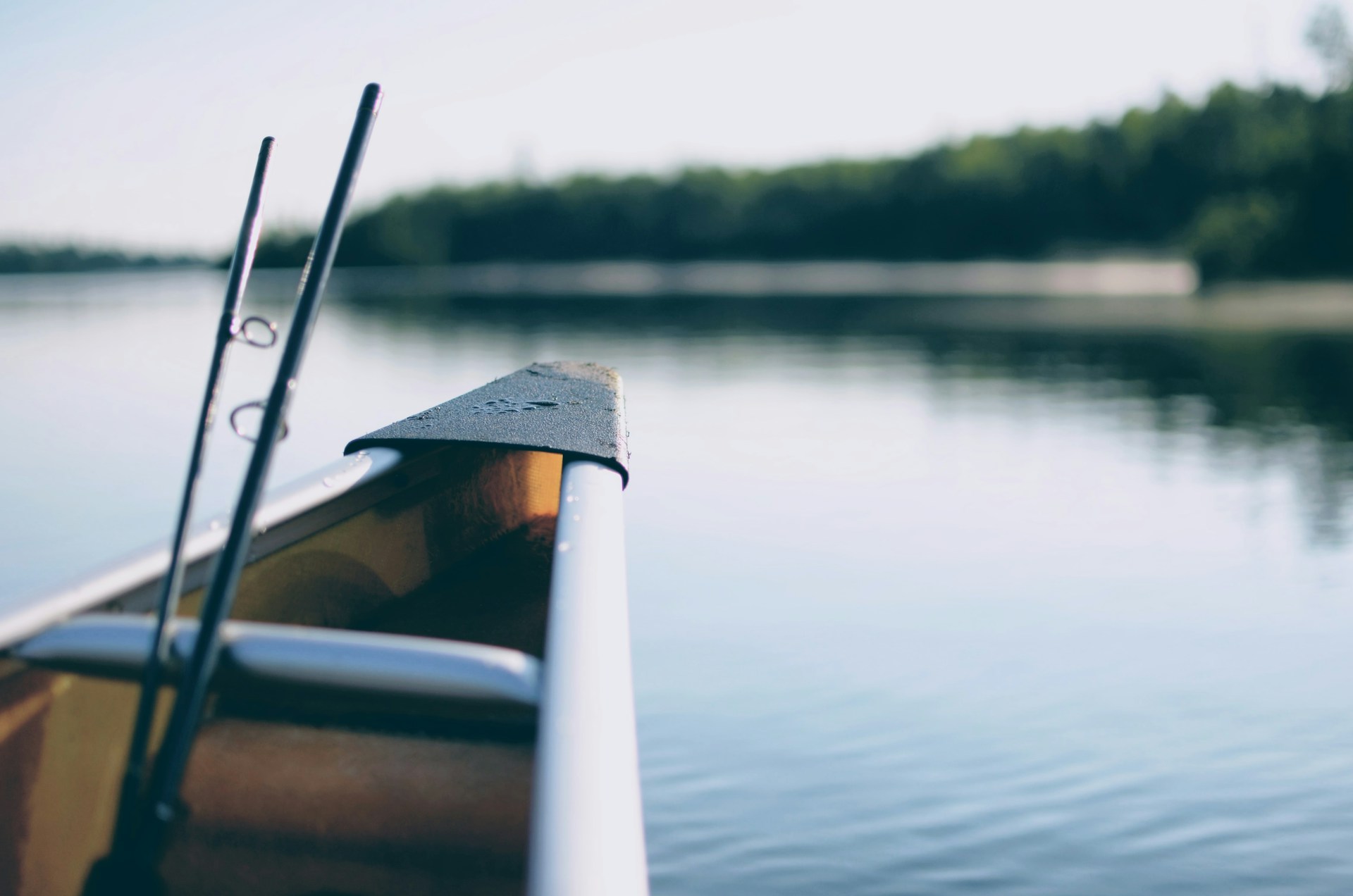
Freshwater fish biodiversity has gotten complicated with all the competing claims and statistics flying around. As someone who’s fished on three continents and spent years reading fisheries research for fun (yes, I’m that person), I learned everything there is to know about which country has the most freshwater fish species. Spoiler: the answer blew my mind the first time I saw the numbers.
When you look at freshwater ecosystems across the globe — lakes, rivers, streams, wetlands — the variety of fish they support is staggering. A country’s freshwater fish diversity tells you a lot about its ecological health, its geography, and its conservation priorities. So who takes the crown?
Brazil Wins, and It’s Not Even Close
The answer is Brazil. And honestly, once you understand why, it makes perfect sense. Brazil is home to the Amazon Basin — the largest river basin on Earth. The country’s freshwater ecosystems support roughly 3,000 species of freshwater fish, and researchers keep discovering new ones. I read a paper last year describing yet another species found in a remote Amazonian tributary. Three thousand, and they’re still counting.
The Amazon River alone holds more fish species than any other single river system in the world. You’ve got the massive Pirarucu (Arapaima gigas), which can grow over six feet long, and the Tambaqui (Colossoma macropomum), which is a staple food fish for millions of Brazilians. But it’s not just the big, famous species. There are thousands of smaller, lesser-known fish living in every corner of Brazil’s incredibly varied freshwater habitats — from rainforest streams to seasonal wetlands.
The Runners-Up
Brazil’s lead is significant, but other countries aren’t far behind. The Democratic Republic of the Congo, with the Congo River (the second-largest river by volume on the planet), hosts an impressive variety of freshwater species. I’ve always wanted to fish the Congo — the cichlid diversity alone is incredible.
China and India round out the top tier, thanks to massive river systems like the Yangtze and the Ganges. Both countries have freshwater fish traditions going back thousands of years, and both face enormous modern challenges in protecting those fisheries.
Probably should have led with this section, honestly. The sheer scale of these river systems is hard to wrap your head around until you see them on a map. The Amazon, the Congo, the Yangtze — we’re talking about waterways that drain continental-sized areas.
The Threats Are Real
Here’s where things get less fun to talk about. Having a ton of species doesn’t mean those species are safe. Brazil and other biodiversity-rich countries face serious environmental pressures: deforestation that increases sediment runoff, pollution from agriculture and mining, dam construction that blocks fish migration, and overfishing both legal and illegal.
Climate change is making everything worse. Shifting rainfall patterns alter river flows. Rising temperatures stress cold-adapted species. I’ve talked to Brazilian fisheries researchers who are genuinely worried about what the next few decades will bring for Amazonian fish communities.
What’s Being Done
Conservation efforts in Brazil include protected areas, species reintroduction programs, and legal frameworks regulating fishing. Some of these work better than others, and enforcement remains a huge challenge in remote areas. But the efforts are real and growing.
That’s what makes community-based conservation endearing to us in the fisheries world — when local people have a stake in protecting their waterways, the results tend to stick. Local fishing communities in the Amazon have successfully managed fish populations using traditional knowledge combined with modern science. It works.
Why This Matters to You
Even if you never fish in Brazil, understanding global freshwater biodiversity matters. Freshwater ecosystems are connected — what happens upstream affects everything downstream. And the conservation models being developed in biodiversity hotspots like the Amazon often get adapted for use in temperate fisheries too.
Brazil holds the title for the world’s most diverse freshwater fish fauna, and with that comes both privilege and responsibility. The efforts being made there can serve as models for conservation worldwide. But it’s going to take global cooperation and sustained investment to protect these ecosystems for the generations who come after us.



